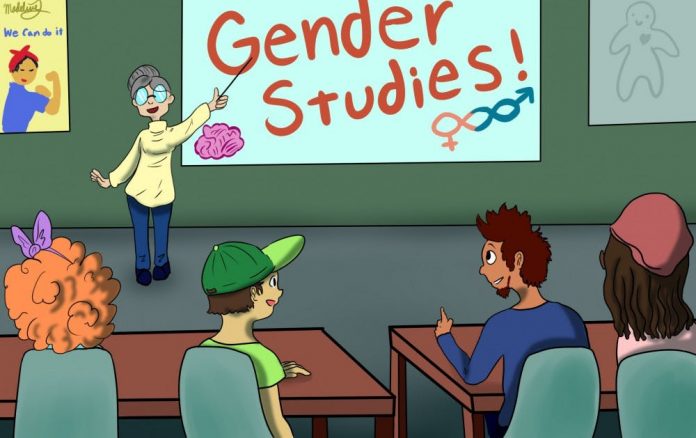Gender studies, also called women’s studies, provide students the chance to learn about gender issues using an interdisciplinary approach. This approach means students in the field draw on scholarship and methodology from other, traditional programs including psychology, history, sociology, and even music.
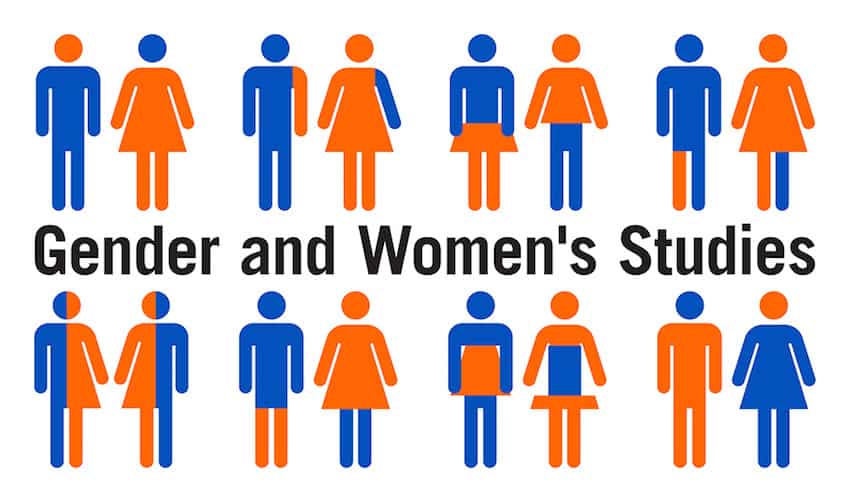
What is Gender Studies?
Students considering entering a gender studies program as a home program often encounter this question of what, exactly, a gender studies program is. Many people assume it is a place to sit around and chit-chat on women-related topics. Instead, the definition of gender studies is far more complex than can be explained in a sentence.

When gender studies programs started, their purpose was to redefine academic discussions to include gender because it often is left out of the mainstream classroom. Over time, the definition of gender studies has expanded to include race, class, and other categories of analysis and also includes masculinity and discussions of maleness as well. The original programs tended to be called women’s studies, but most new programs use the more neutral term “gender.”
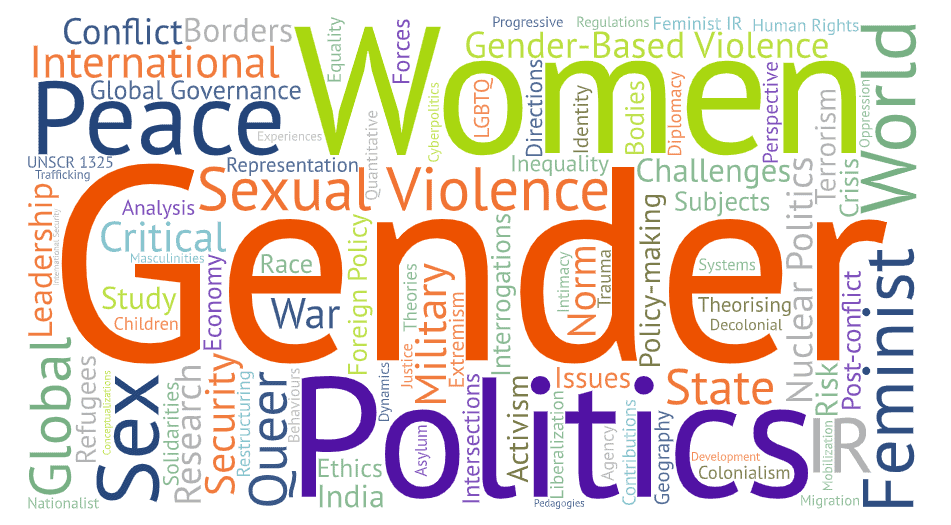
A gender studies curriculum typically includes an introductory course as well as courses in feminist theory and research and then examines traditional course topics using a gendered lens. Students take courses ranging from the biology of sex to women’s history in Africa.
Gender studies programs all deal with a core set of ideas. The first is that each addresses feminist theory. A basic course in feminist theory is a requirement of all programs. These classes go over the basic feminist ideologies: liberal, Marxist, eco, global, multicultural, and radical feminism.
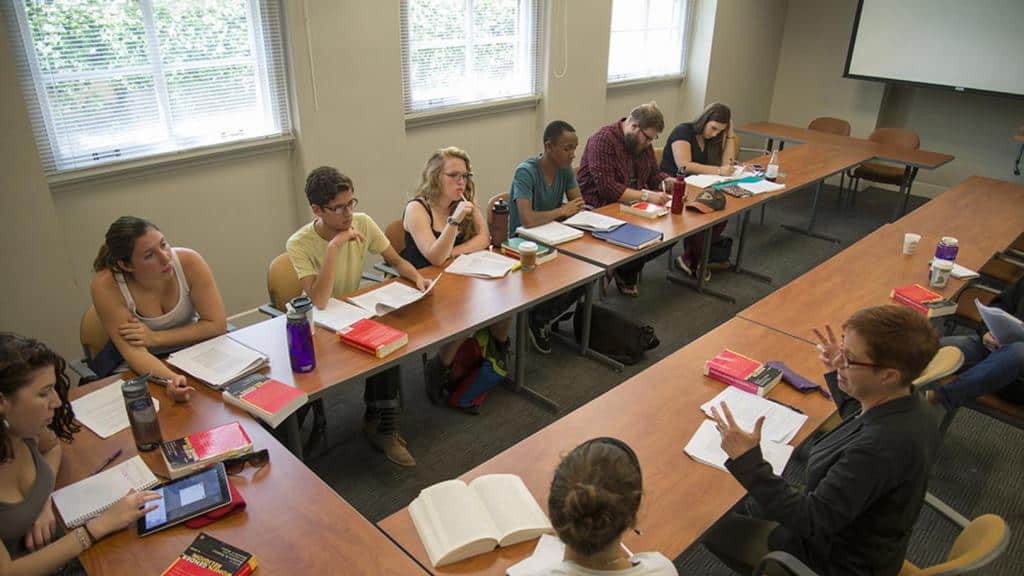
During the past five years, gender studies programs have tended toward addressing masculinity studies as well. When the field first originated, all focus was on female issues, but as the field expands, more academics are raising issues of masculinity. Most prevalent is the study of boys and how masculinity affects them growing up.
Scholarship in Gender Studies
Gender studies programs extend beyond the basics of the undergraduate classroom. The Journal of Gender Studies, published in the United Kingdom, examines various topics from a feminist perspective. Other gender studies articles recast issues previously considered outside the gendered context.

For example, rape was once considered only a sex-based crime, but gender theorists have examined sexual assault as a form of power and dominance. These discussions, which may seem too abstract, have practical application for women’s studies students. These students learn how to interact with complex subjects and are prepared for education and advocacy work dealing with these topics.
Graduate School in Gender Studies
A number of universities around the US also offer in these and related fields. Indiana University is the only program to have a Gender Studies PhD, though other schools may follow suit.
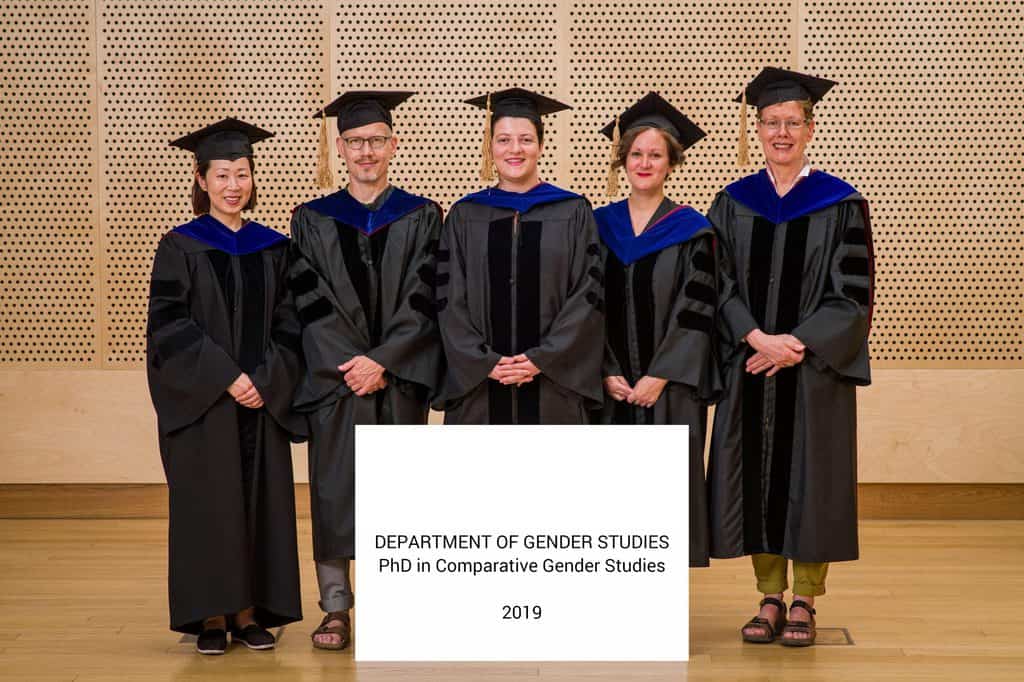
Emory University is home to the oldest, and often considered the best, Women’s Studies PhD program. Graduate students perform research on gender issues and teach at colleges.
While a gender studies program still may seem risky, the discipline adds value to the academic world and can offer a number of career paths to an enterprising student.



